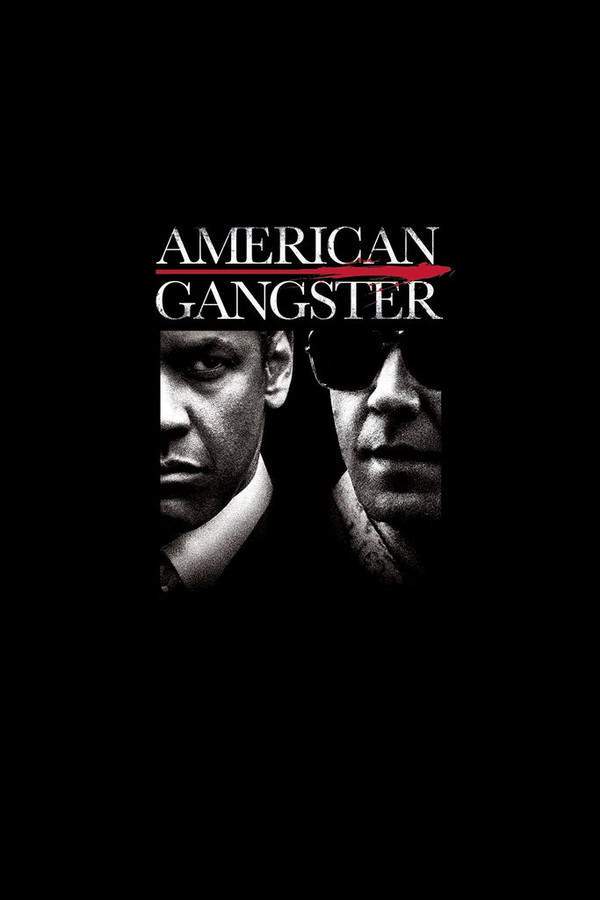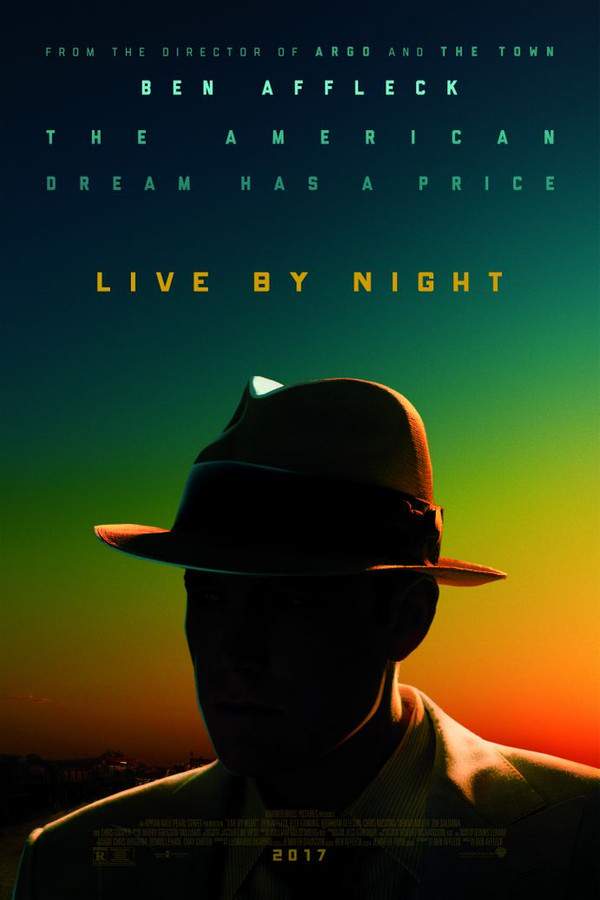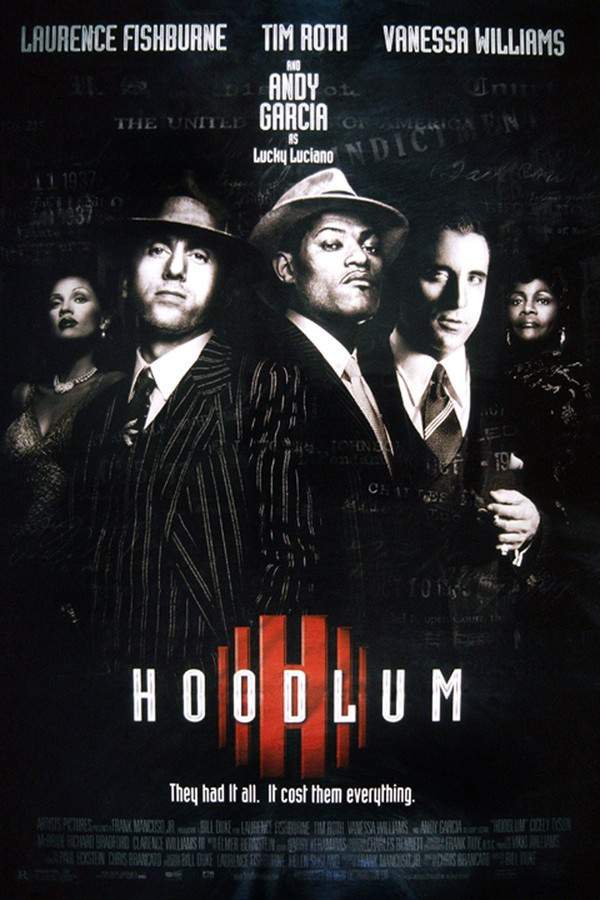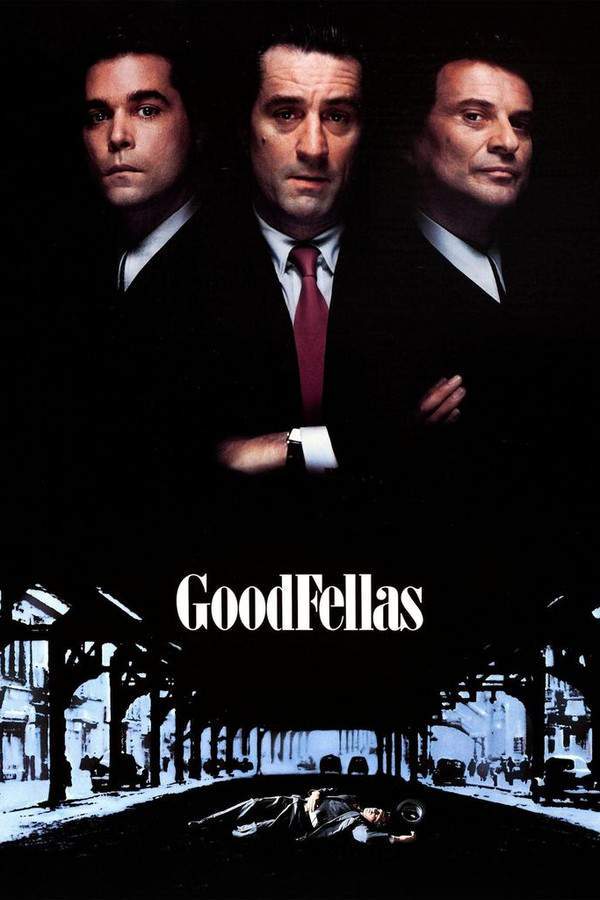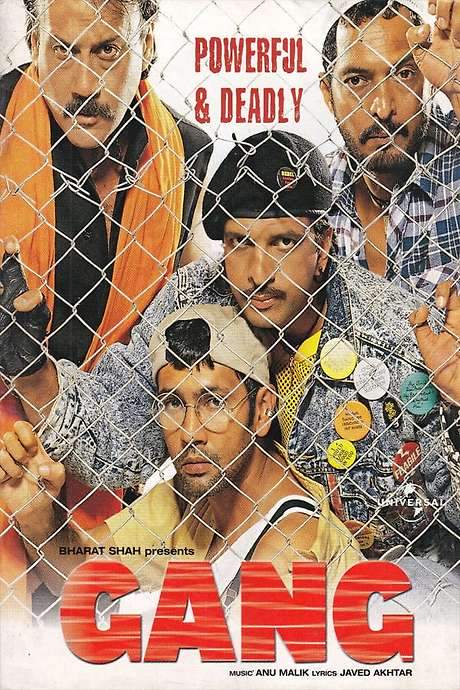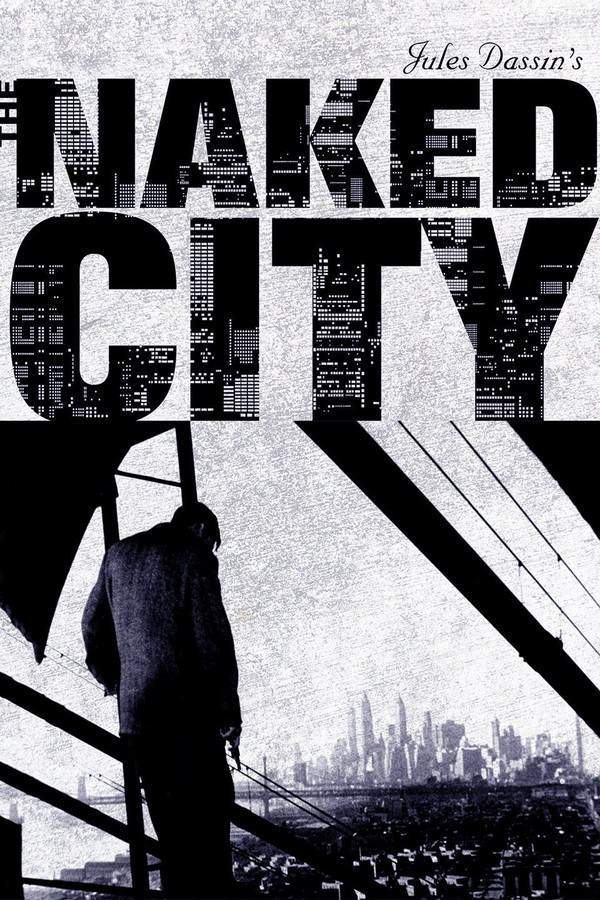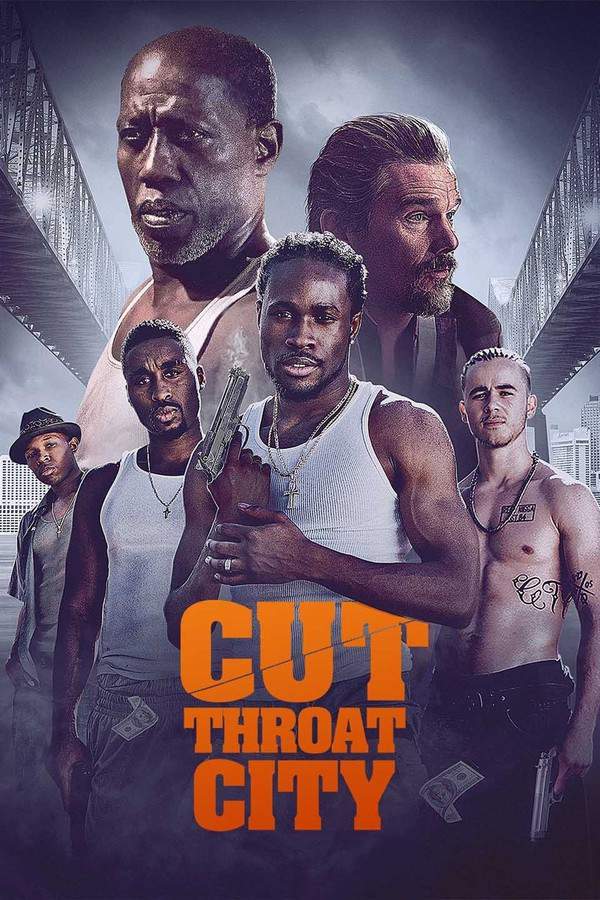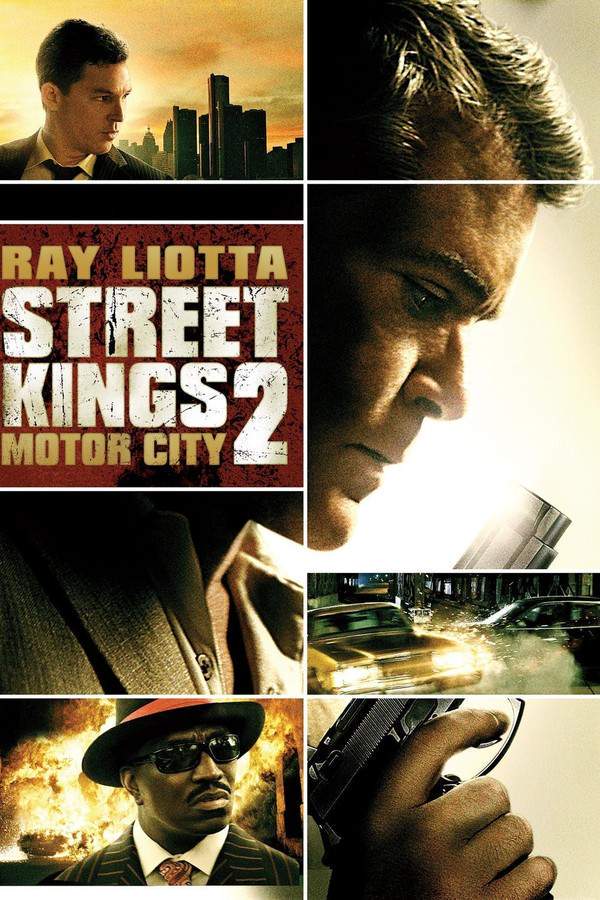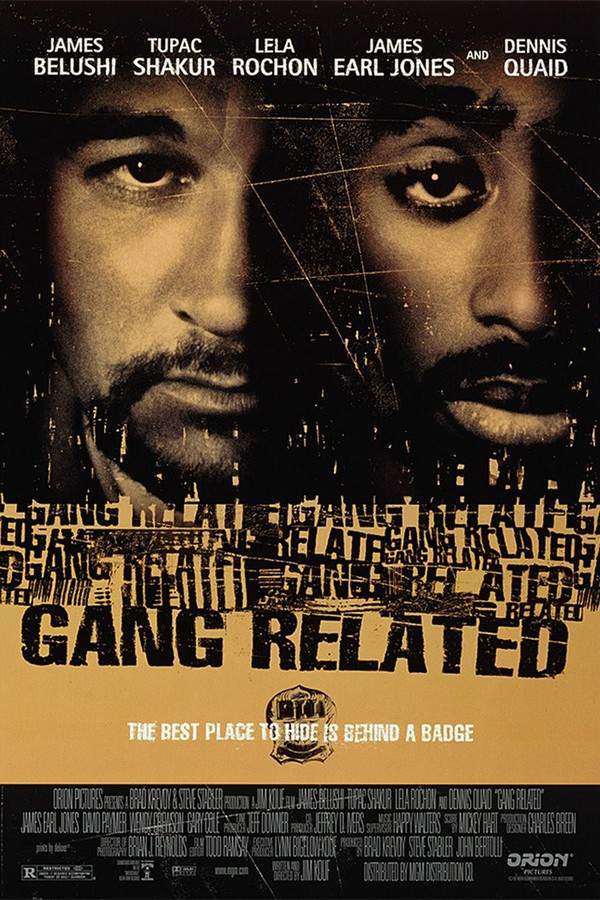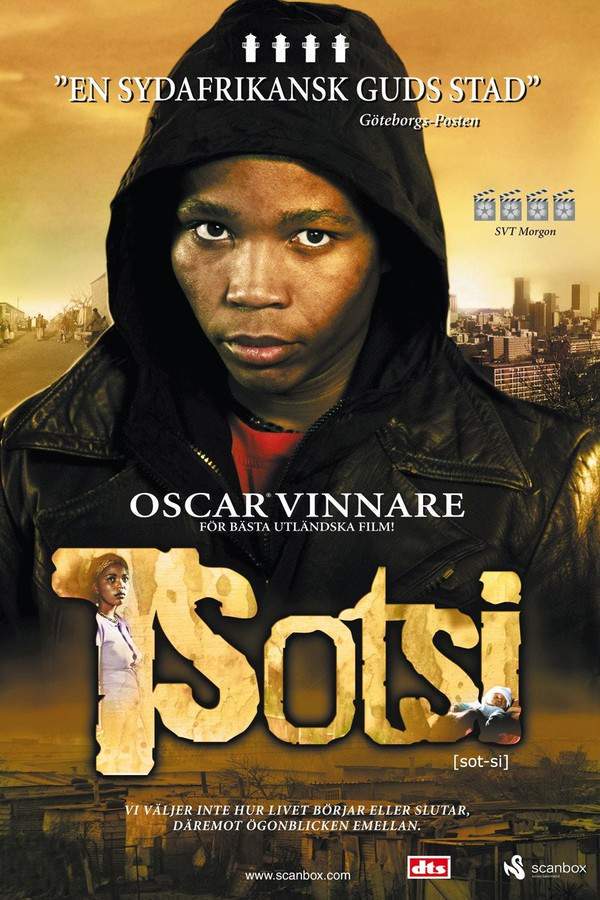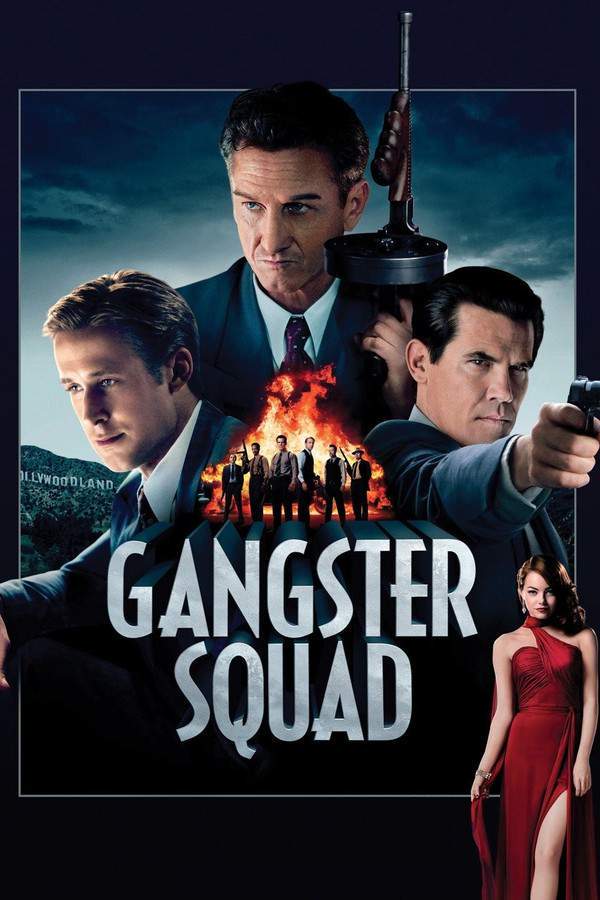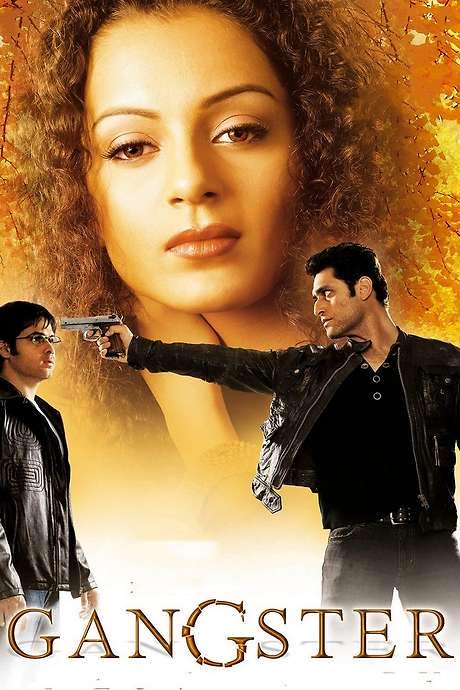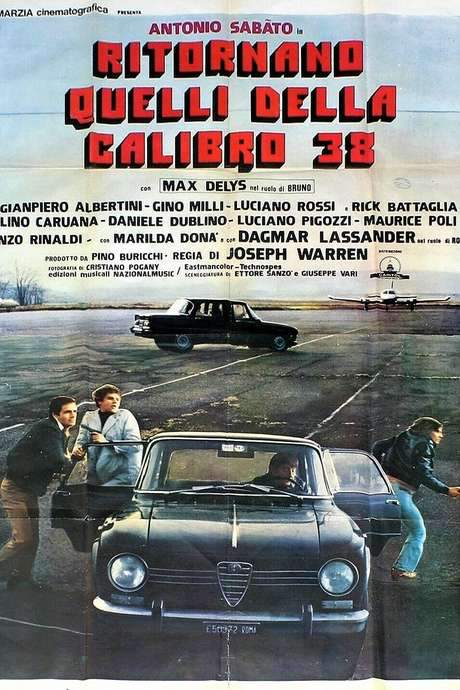
Gangster’s Paradise: Jerusalema
Year: 2008
Runtime: 120 mins
Language: English
Director: Ralph Ziman
Budget: $2M
In the promised land of South Africa, the film follows a low‑level hustler who climbs from petty hijackings to a powerful position in the criminal underworld, only to suffer a devastating blow when most of his crew are gunned down, forcing him to confront loss and ambition.
Warning: spoilers below!
Haven’t seen Gangster’s Paradise: Jerusalema yet? This summary contains major spoilers. Bookmark the page, watch the movie, and come back for the full breakdown. If you're ready, scroll on and relive the story!
Gangster’s Paradise: Jerusalema (2008) – Full Plot Summary & Ending Explained
Read the complete plot breakdown of Gangster’s Paradise: Jerusalema (2008), including all key story events, major twists, and the ending explained in detail. Discover what really happened—and what it all means.
Lucky Kunene [Rapulana Seiphemo] lies on a bed, bloodied, as police burst into his room and arrest him for murder. The scene cuts to the interrogation room, where Kunene offers to share his full back-story and what led to that fateful moment. The film then unfolds the life that carved the path to that arrest, tracing choices, loyalties, and the cost of ambition.
The back-story begins in Soweto, where Lucky Kunene and his teenage friend Zakes [Ronnie Nyakale] grow up amid the rhythms and risks of city life. After Lucky discovers he hasn’t earned a scholarship to continue his education, the pair find themselves pulled toward money and danger. They cross paths with Nazareth [Jeffrey Zekele], a local crime lord who was once a Russian-trained guerrilla. Nazareth becomes their gateway to a string of small-time robberies that quickly escalate into more brazen car-jackings. Each score tightens Lucky’s grip on the idea that education can be traded for survival, and he begins to let go of his academic dreams.
As the crimes escalate, Nazareth’s world starts to fracture, and the consequences ripple outward. Lucky and Zakes escape the worst of it but the line between necessity and crime has already blurred beyond repair. They decide to lie low and relocate to Johannesburg, hoping to start anew away from the shadows of Nazareth’s empire.
A decade passes, and Lucky and his friend have reinvented themselves as a taxi business operators in Hillbrow, a heart of the city’s nightlife and danger. Their quiet enterprise is shattered when Lucky himself becomes the target of a brutal carjacking. The incident exposes the fragility of mobility and opportunity in a city where access to wealth feels almost surgically out of reach. Frustrated and ambitious, Lucky shifts gears again and conjures a plan to reshape the urban landscape: the Hillbrow People’s Housing Trust. This bold scheme promises residents rent at half price and gives Kunene a new kind of leverage—ownership of a growing network of apartment buildings in Hillbrow. He collects rent from tenants and, through tough negotiations with landlords, secures lower rates for the buildings he controls. In time, Lucky becomes known as a Robin Hood-like figure, a man who uses the trust to uplift residents while flexing the power of fear and influence over the city’s property market. His ascent earns him the nickname The Hoodlum of Hillbrow, a paradox that sits at the center of his legend and menace.
Meanwhile, Detective Blakkie Swart [Robert Hobbs] begins to assemble a case against Kunene, drawn by the increasing visibility and reach of the housing trust. The tension between Kunene’s generosity and his brutal efficiency creates a moral fog around his empire, even as some residents begin to see him as a protector who fights against a system that has long neglected them.
On the personal front, Kunene’s path crosses with Leah Friedlander [Shelley Meskin], a white South African woman whose life intersects with his in unexpected ways. He helps rescue her brother from drug dealers, and a relationship blossoms between them. Leah and Kunene buy a house in the suburbs and plan a life together, a quiet dream that sits alongside his expanding empire. Leah’s brother Josh Friedlander [Daniel Buckland] becomes another casualty of the city’s drug trade, a reminder of how the struggle touches every corner of their world. The bond between Kunene and Leah deepens as they navigate an uneasy peace between wealth, love, and danger.
Yet the undercurrent of danger remains strong, embodied by Tony Ngu [Malusi Skenjana], a drug dealer who resists Kunene’s growth with ruthless persistence. Kunene’s ambition to clear Ngu from his way is complicated by Nazareth’s entanglements with the drugs trade, and the lines between business and crime blur further. Nazareth’s drug bust becomes, in the eyes of the authorities, exactly the excuse Swart needed to press harder and target Kunene’s buildings, framing the conflict in stark legal terms.
Yet Ngu refuses to yield. He uses Leah’s brother, drawn into drugs, to pull Kunene deeper into a fight he thought he had already outgrown. A violent drive-by shooting follows, and Zakes is killed in the chaos—an injustice that shatters Kunene’s carefully built world. In a blazing confrontation at a strip club, Kunene and his crew storm the premises where Ngu is staying. A brutal gunfight erupts, Nazareth is killed, and Kunene is badly injured. In a desperate moment on the club’s roof, Ngu pleads for mercy, offering to do anything to spare his life. Kunene’s response cuts clear and cold: “can you bring Zakes back?” He shoots Ngu, pushing him off the roof as the weight of the past crashes into the present.
With the back-story catching up to the film’s opening, Kunene lies bloodied in his bed, and the arrest continues. In prison, he engineers a daring escape by feigning illness, slipping from the facility to a hospital where security is looser. With the help of his remaining friends, he flees and vanishes to Durban, a city he has always dreamed of calling home, where the memory of the life he built—the risks he took, the people he cared about, and the empire he carved out of Hillbrow—continues to haunt and define him.
-
The film’s narrative voice remains measured and clear, threading together ambition, loyalty, and the ambiguous morality of a man who rose by reshaping a city’s landscape while paying a heavy personal price.
-
The storytelling blends intimate character moments with sprawling socio-economic tensions, inviting the audience to reflect on what it means to fight for a better life in a town where opportunity is uneven and danger often travels in the same pockets of the city.
-
The film never shies away from the consequences of Kunene’s choices, painting a portrait of a man who becomes both a protector and a predator in equal measure, and who learns that power taken from the street can never be perfectly earned or safely kept.
Last Updated: October 05, 2025 at 12:10
Explore Movie Threads
Discover curated groups of movies connected by mood, themes, and story style. Browse collections built around emotion, atmosphere, and narrative focus to easily find films that match what you feel like watching right now.
Gritty crime epics like Gangster’s Paradise: Jerusalema
Ambitious criminals climb to power only to face devastating consequences.If you liked the ambitious rise and tragic fall in Gangster’s Paradise: Jerusalema, explore more movies like it. This collection features similar crime dramas and gangster stories with heavy emotional weight, dark tones, and a steady, character-driven pacing that builds to a poignant conclusion.
Narrative Summary
These stories typically follow a linear, chronological structure tracking a protagonist's ascent from low-level status to a position of significant power within a criminal organization. The narrative momentum is driven by ambition, but the core conflict often involves the erosion of personal relationships and morality, culminating in a fall that underscores the high cost of their choices.
Why These Movies?
Movies are grouped here for their shared focus on a specific character arc—the ambitious rise followed by a consequential fall—set against a gritty, realistic criminal backdrop. They share a dark, morally complex tone, heavy emotional weight, and a bittersweet or tragic ending feel that leaves a lasting impact.
Atmospheric urban crime stories like Gangster’s Paradise: Jerusalema
Stories where the city itself is a character in a desperate, violent struggle.Find movies similar to Gangster’s Paradise: Jerusalema that capture the gritty vibe of a specific city. These films share a dark tone, high intensity, and focus on urban struggle, organized crime, and the heavy cost of ambition within a richly depicted metropolitan setting.
Narrative Summary
The narrative pattern revolves around characters trying to carve out a life or legacy within a hostile urban system. The city's social and economic realities act as a primary antagonist, forcing moral compromises and violent conflicts. The journey is typically driven but ultimately tragic, emphasizing the difficulty of escaping one's environment.
Why These Movies?
These films are united by their potent atmosphere and setting. The urban landscape is not just a backdrop but a central force that influences the mood, pacing, and themes. They share a gritty, oppressive feel, a focus on systemic issues like corruption, and a tone that is both dark and deeply atmospheric.
Unlock the Full Story of Gangster’s Paradise: Jerusalema
Don't stop at just watching — explore Gangster’s Paradise: Jerusalema in full detail. From the complete plot summary and scene-by-scene timeline to character breakdowns, thematic analysis, and a deep dive into the ending — every page helps you truly understand what Gangster’s Paradise: Jerusalema is all about. Plus, discover what's next after the movie.
Gangster’s Paradise: Jerusalema Timeline
Track the full timeline of Gangster’s Paradise: Jerusalema with every major event arranged chronologically. Perfect for decoding non-linear storytelling, flashbacks, or parallel narratives with a clear scene-by-scene breakdown.

Characters, Settings & Themes in Gangster’s Paradise: Jerusalema
Discover the characters, locations, and core themes that shape Gangster’s Paradise: Jerusalema. Get insights into symbolic elements, setting significance, and deeper narrative meaning — ideal for thematic analysis and movie breakdowns.

Gangster’s Paradise: Jerusalema Spoiler-Free Summary
Get a quick, spoiler-free overview of Gangster’s Paradise: Jerusalema that covers the main plot points and key details without revealing any major twists or spoilers. Perfect for those who want to know what to expect before diving in.

More About Gangster’s Paradise: Jerusalema
Visit What's After the Movie to explore more about Gangster’s Paradise: Jerusalema: box office results, cast and crew info, production details, post-credit scenes, and external links — all in one place for movie fans and researchers.

Similar Movies to Gangster’s Paradise: Jerusalema
Discover movies like Gangster’s Paradise: Jerusalema that share similar genres, themes, and storytelling elements. Whether you’re drawn to the atmosphere, character arcs, or plot structure, these curated recommendations will help you explore more films you’ll love.
Explore More About Movie Gangster’s Paradise: Jerusalema
Gangster’s Paradise: Jerusalema (2008) Scene-by-Scene Movie Timeline
Gangster’s Paradise: Jerusalema (2008) Movie Characters, Themes & Settings
Gangster’s Paradise: Jerusalema (2008) Spoiler-Free Summary & Key Flow
Movies Like Gangster’s Paradise: Jerusalema – Similar Titles You’ll Enjoy
Tsotsi (2006) Story Summary & Characters
Gangster Squad (2013) Complete Plot Breakdown
Gang Related (1997) Story Summary & Characters
Hijack Stories (2000) Movie Recap & Themes
Gangland Odyssey (1990) Spoiler-Packed Plot Recap
Gangster (2006) Full Movie Breakdown
Gang War (1958) Full Movie Breakdown
Gangster Story (1959) Full Summary & Key Details
City of Industry (1997) Complete Plot Breakdown
Another Day in Paradise (1998) Detailed Story Recap
Gang War (1940) Plot Summary & Ending Explained
Gangsters ’70 (1968) Spoiler-Packed Plot Recap
Gangsters (1977) Movie Recap & Themes
Gangstas (2025) Movie Recap & Themes
Gangs Inc. (1941) Movie Recap & Themes

